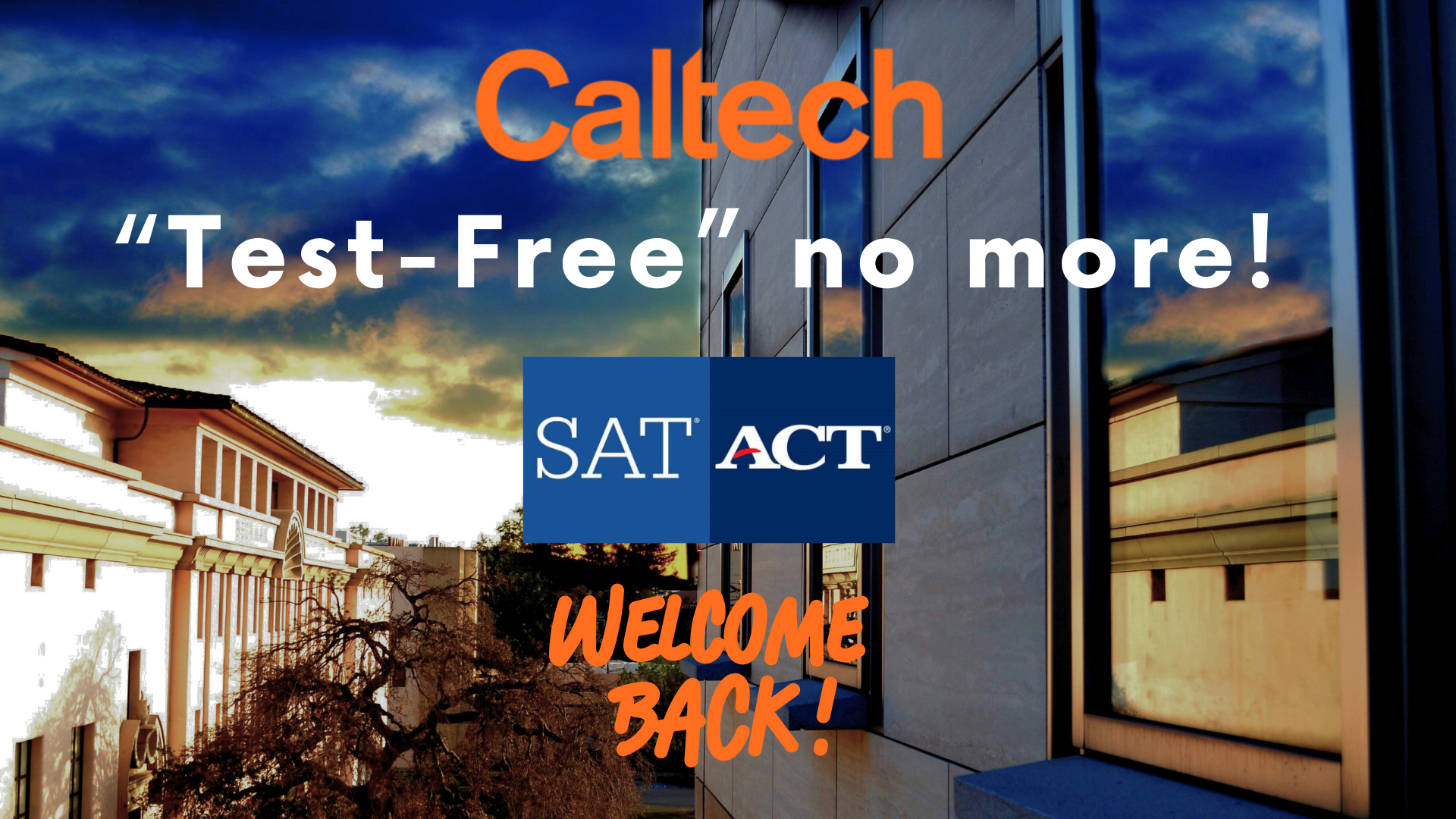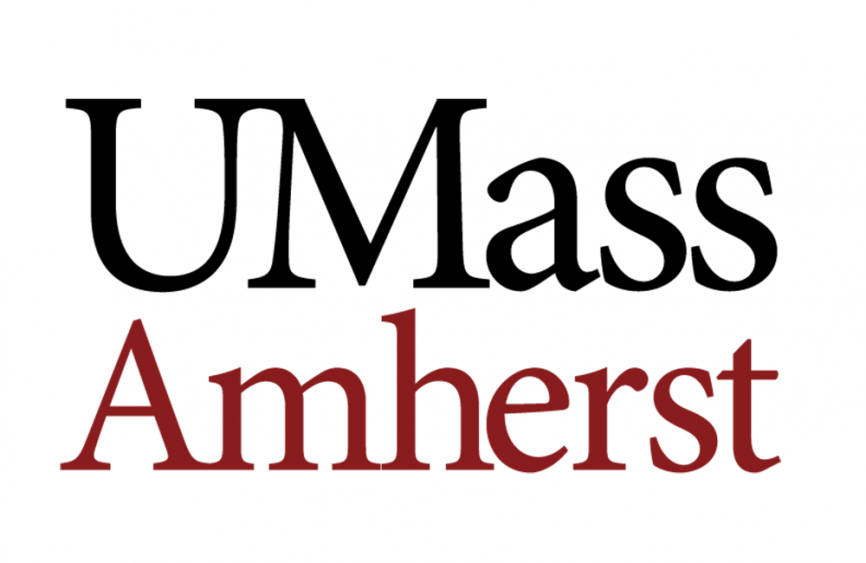 What does a decade’s worth of increasingly identity-based admissions look like at University of Wisconsin-Madison? You’re about to find out. But formal Affirmative Action, which was outlawed by The Supreme Court of the United States last year, is just part of the story.
What does a decade’s worth of increasingly identity-based admissions look like at University of Wisconsin-Madison? You’re about to find out. But formal Affirmative Action, which was outlawed by The Supreme Court of the United States last year, is just part of the story.
The University of Wisconsin-Madison has seen a notable rise in popularity among first-year applicants in recent years driven by several factors including, but not limited to:
Academic Reputation
UW-Madison is consistently ranked among the top public universities in the U.S., known for its strong programs in fields like engineering, business, education, and the sciences. Its research output and faculty achievements have bolstered its appeal.
Diverse Offerings
The university has expanded its academic programs and research initiatives, attracting students with varied interests. New interdisciplinary programs and innovative majors have broadened its appeal.
Campus Experience
The vibrant campus life, with a rich array of extracurricular activities, cultural events, and a strong sense of community, has drawn students looking for a well-rounded college experience.
State and National Recognition
Increased visibility through national media and success stories of alumni have enhanced the university’s reputation. The Badger sports teams also contribute to a sense of pride and community.
Affordability and Financial Aid
Competitive tuition rates for in-state students, along with robust financial aid programs, make UW-Madison an attractive option for many families.
Strategic Enrollment Efforts
The university has implemented targeted outreach and recruitment strategies, including diversity initiatives, to attract a wider range of applicants.
Location
Madison, known for its quality of life, cultural vibrancy, and outdoor activities, is an appealing location for students seeking both academic and personal growth.
As a result of these factors, the number of first-year applicants has surged, leading to increasingly competitive admissions processes in recent years. This trend reflects not only the university’s strengths but also a broader demand for high-quality education and campus experiences. Yet, with more demand, comes lower acceptance rates and harder calls for admissions officers who are also deputized to increase the university’s undergraduate student diversity in an environment increasingly focused on identity.
The result is that University of Wisconsin-Madison has made significant strides in increasing diversity based on race, ethnicity, and the college going history of students’ families. The student body reflects an increasing mix of racial, ethnic, and socioeconomic backgrounds. To make this happen, University of Wisconsin-Madison has prioritized:
Recruitment Initiatives
UW-Madison has launched targeted recruitment programs aimed at high schools with significant populations of underrepresented students. This includes partnerships with community organizations and outreach to diverse communities.
Diversity and Inclusion Offices
The university has established offices dedicated to diversity and inclusion, which work on initiatives to support underrepresented students and foster an inclusive campus environment.
Scholarships and Financial Aid
Increased funding for scholarships aimed at underrepresented groups has helped to make the university more accessible. Programs like the Wisconsin Covenant provide opportunities for students from low-income backgrounds.
Cultural Centers
UW-Madison has various cultural centers, such as the Multicultural Student Center and the Black Cultural Center, which provide support, programming, and community for students from diverse backgrounds.
Curriculum and Training
The university has incorporated diversity training into its faculty development programs and has encouraged the inclusion of diverse perspectives in course offerings.
Retention Programs
Initiatives aimed at supporting the success of diverse students, including mentorship programs, academic support, and community-building events, have been implemented to improve retention and graduation rates.
Test Optional Admissions
Under the guise of COVID-19, the university went test optional in 2020, but the pandemic is long gone and UW Madison remains test optional.
Increasing Use of Affirmative Action
The video below illuminates how the university’s admissions officers increasingly harnessed Affirmative Action to grow certain demographics’ presence on campus through the 2022-2023 admissions cycle.
With the results of the Class of 2028 census now in, we can now look holistically at ten years worth (all the way back to the 2014-2015 admissions cycle) of admissions and enrollment data from first-year applicants/students at University of Wisconsin-Madison, which I dissect below. Only time will tell how diverse (in all ways) the university will be over the coming years in our brave new post-Affirmative Action world.
 The ACT is changing in two majors ways starting in 2025.
The ACT is changing in two majors ways starting in 2025. Dartmouth College has released its 2024-2025 supplemental essay prompts for first-year applicants, and while some prompts from the past make a return appearance, new options pay homage to wild chimps and a much-loved Dartmouth football coach.
Dartmouth College has released its 2024-2025 supplemental essay prompts for first-year applicants, and while some prompts from the past make a return appearance, new options pay homage to wild chimps and a much-loved Dartmouth football coach. It started in Texas, gained traction in Florida, and has now spread to the Pacific Northwest. “It” is the advent of new Early Action admissions plans for high school seniors applying to college.
It started in Texas, gained traction in Florida, and has now spread to the Pacific Northwest. “It” is the advent of new Early Action admissions plans for high school seniors applying to college. On the heels of Harvard
On the heels of Harvard  Those students who are being reviewed Regular Decision for Boston University’s Class of 2028 will receive their admissions decisions on Saturday, March 23, 2024. Such first-year applicants will receive emails when their decisions are available within their BU web accounts on the MyBU Applicant Portal.
Those students who are being reviewed Regular Decision for Boston University’s Class of 2028 will receive their admissions decisions on Saturday, March 23, 2024. Such first-year applicants will receive emails when their decisions are available within their BU web accounts on the MyBU Applicant Portal.




 Understanding the ACT
Understanding the ACT

 Essential Study Techniques and Resources
Essential Study Techniques and Resources Conclusion
Conclusion University of Massachusetts Amherst is gearing up to release all of its Early Action (EA) admission decisions on the evening of Wednesday, January 24 during an admissions cycle in which the public university had over 30,000 students apply through Early Action, a new record. Just last year, UMass received 28,461 EA applications, while as recently as the 2018-2019 admissions cycle UMass Amherst only received a relatively paltry 20,440 EA applications.
University of Massachusetts Amherst is gearing up to release all of its Early Action (EA) admission decisions on the evening of Wednesday, January 24 during an admissions cycle in which the public university had over 30,000 students apply through Early Action, a new record. Just last year, UMass received 28,461 EA applications, while as recently as the 2018-2019 admissions cycle UMass Amherst only received a relatively paltry 20,440 EA applications.